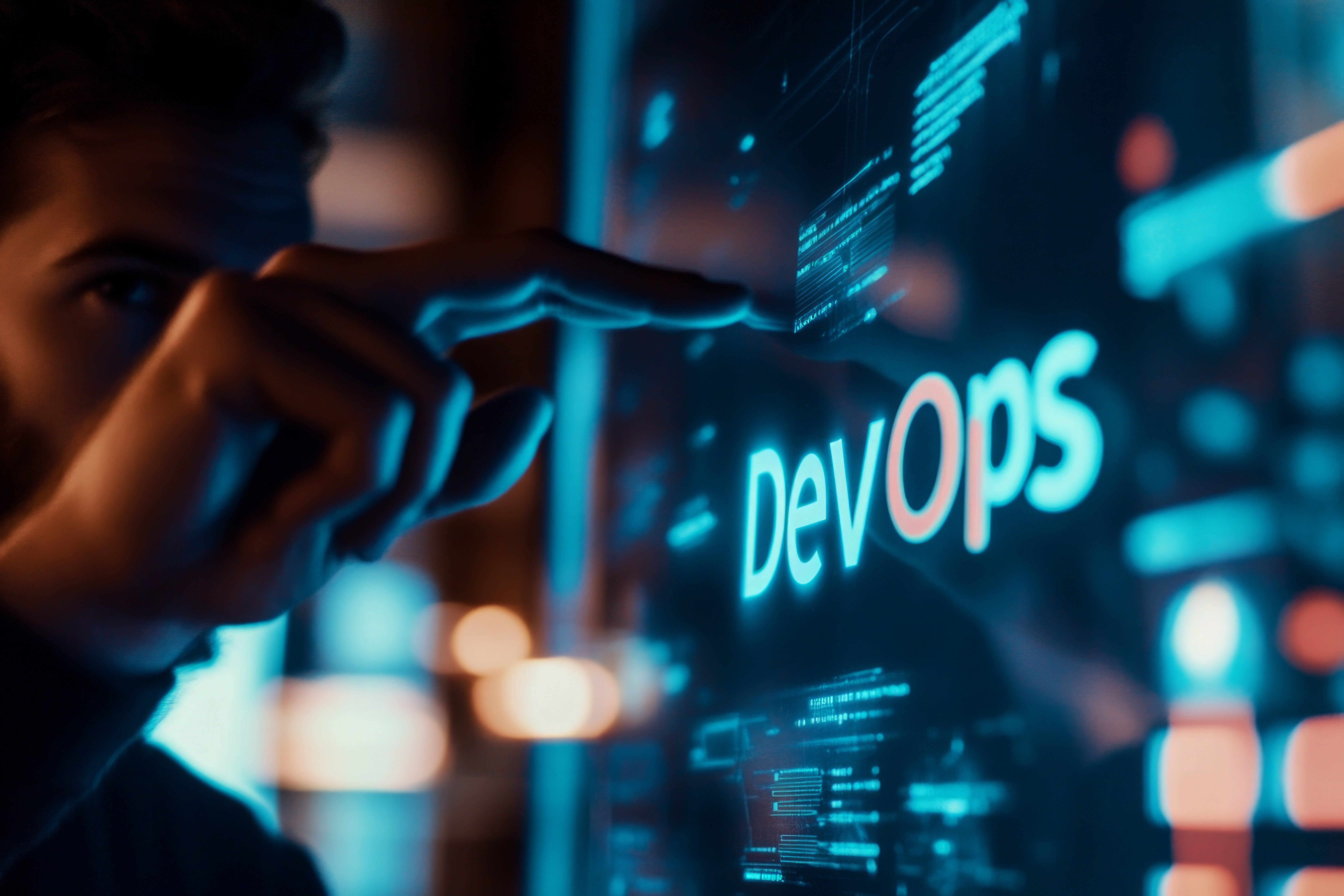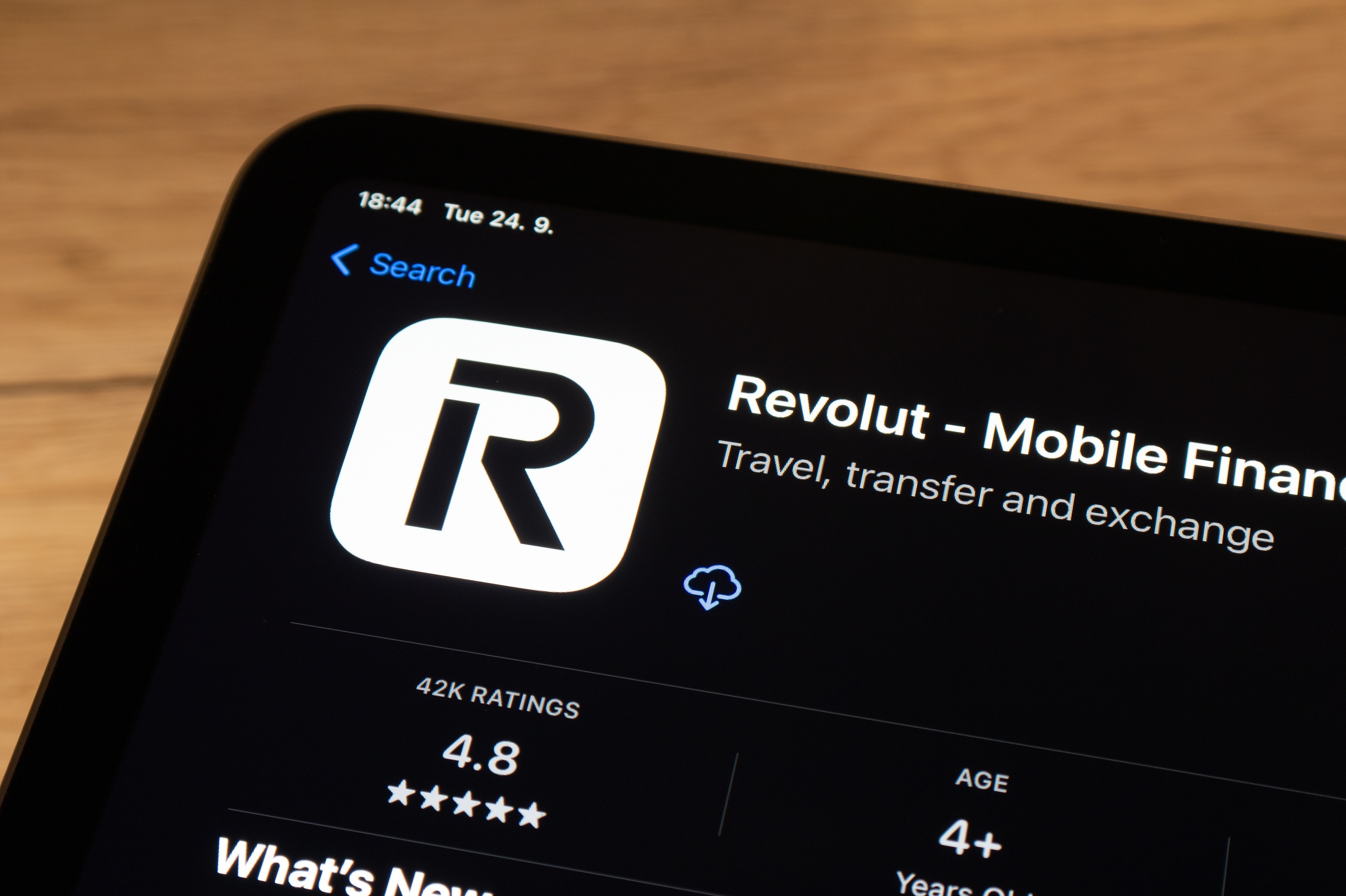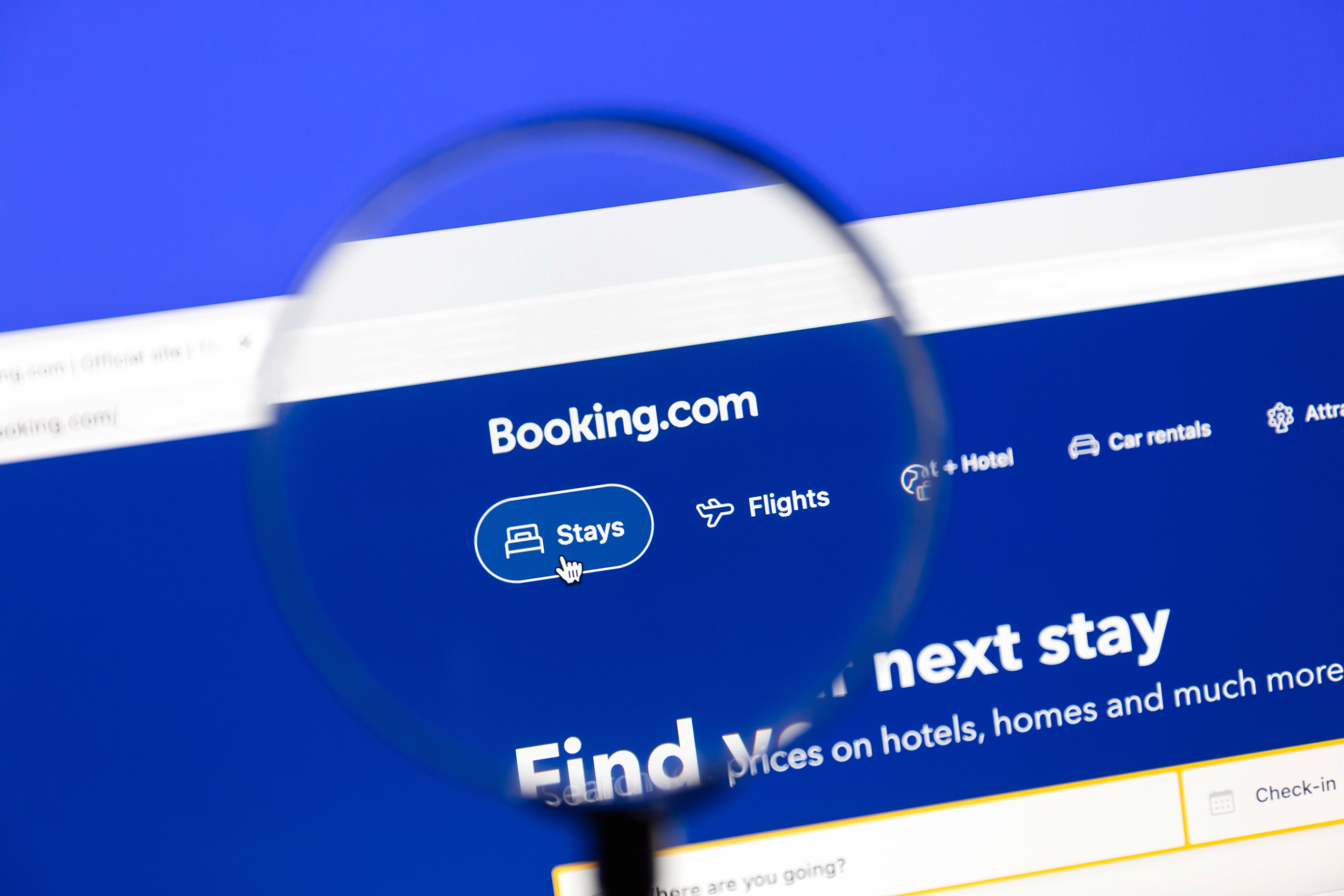The next phase of DevOps success won’t be measured solely by speed or efficiency metrics, but by how effectively organizations balance automation with human expertise, governance, and control. From AI-generated code to automated security scanning and Kubernetes-powered AI workloads, organizations are racing to keep up with the next era of software development—one that’s faster, smarter, and significantly more complex.
A new survey from Futurum Research, based on 855 IT decision-makers, paints a clear picture: AI-driven automation is revolutionizing DevOps—but not without challenges. As organizations embrace AI-generated code, automated security scanning, and Kubernetes-powered AI workloads, they grapple with oversight, security risks, and the growing complexity of managing AI-driven systems.
The report reveals that 41% of organizations now use generative AI to write, review, and test code, dramatically reducing manual effort and increasing development speed. Another 39% have adopted machine learning models to optimize infrastructure operations, enabling predictive scaling, automated fault detection, and self-healing systems. Additionally, 35% are leveraging AI-driven automation in IT operations (AIOps), ensuring faster response to outages, improved observability, and reduced human intervention in incident management.
Machine learning models are optimizing deployments, predicting failures before they happen, and streamlining infrastructure management. The result is a shift toward self-healing systems that can detect, diagnose, and respond to issues without human intervention. While this speeds up development cycles, it also raises a new challenge: ensuring developers remain in control of AI-driven decisions, balancing efficiency with oversight.
Kubernetes has become the foundation of DevOps infrastructure, powering mission-critical applications, AI workloads, and cloud-native deployments at an accelerating rate. The report found that 61% of organizations are using Kubernetes in production, with adoption breaking down as follows: 56% are deploying AI/ML and generative AI workloads on Kubernetes; 56% use Kubernetes for data-intensive applications like analytics and big data processing; 54% run databases on Kubernetes, solidifying its role in managing high-scale workloads.
However, the widespread adoption of Kubernetes also brings complexity, requiring new skill sets, automation strategies, and governance models to ensure stability and security.
As AI becomes more embedded in DevOps, organizations are facing critical trade-offs that will determine the long-term success of these innovations: The industry is now balancing.
AI is accelerating software delivery and reducing deployment times, but it is also removing traditional checkpoints that provided human oversight. Organizations must ensure that AI-generated code, automated testing, and self-healing infrastructure remain transparent and auditable to prevent errors from going unnoticed.
The rise of AIOps and AI-driven security means fewer manual interventions, but 43% of DevOps teams are concerned about security gaps introduced by AI models. Automated systems may fail to detect novel attack patterns, misclassify threats, or unintentionally create vulnerabilities. Security-first AI governance will prevent automation from becoming a security liability.
With 93% of organizations adopting platform engineering, the shift toward self-service DevOps is well underway. However, as infrastructure and workflows become more automated, developers risk disengaging from core decision-making processes. Organizations must balance scalability with developer empowerment, ensuring that automation enhances—rather than replaces—engineering expertise.
.png?width=1816&height=566&name=brandmark-design%20(83).png)



